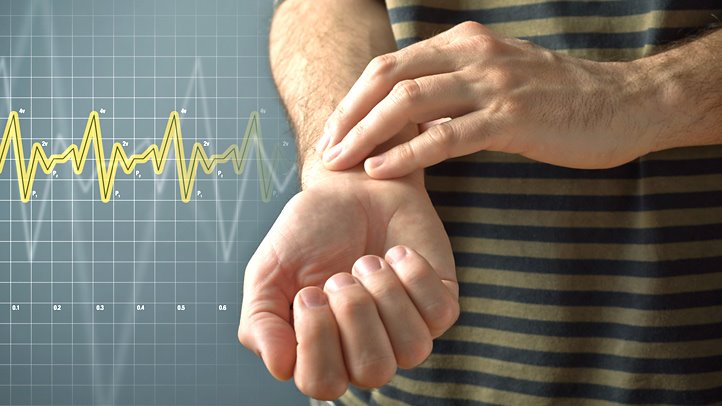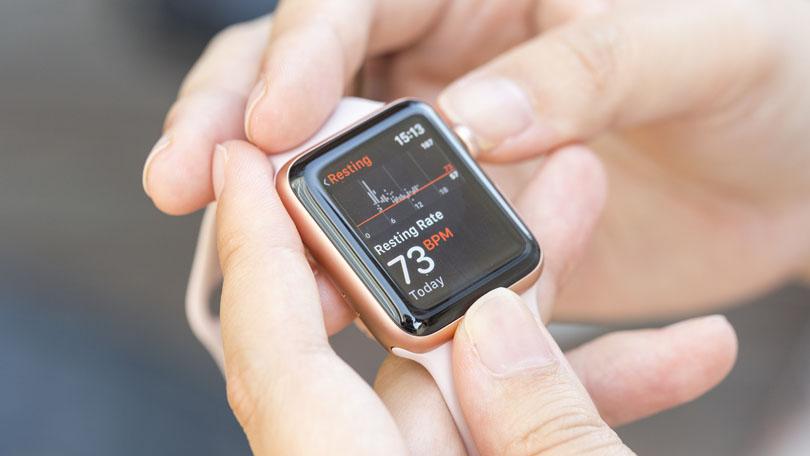Most people already know that the fitter you are, the lower your resting heart rate is.
So for instance, the average person has a resting heart rate in the range of between 60 to 100 beats per minute, but athletes generally have a resting heart rate of around 40 to 60 beats per minute due to their increased fitness level.

Having a lower resting heart rate also means that you have a lower chance of heart conditions such as cardiovascular problems as well as early death.
This post has been adapted from an article by Coached’s founder Ben Pulham, who shares more tips about resting heart rate and why it is important to know this.
Great way to see how your body responds to training
According to Ben, knowing and measuring your resting heart rate on a regular basis though, is a great way to see how your body is recovering from and responding to training sessions.
As well, it is also a great indication of whether it is okay to push the body and do another hard session or if it may be wiser to back off the pace instead.

How to determine your most accurate resting heart rate
To determine your most accurate resting heart rate, this should be measured the moment that you wake up.
Do note that this should be before you get out of bed, though.
Find out where your pulse is on your neck or wrist and count how many times your heart beats in 20 seconds and then multiply this figure by three to get your resting heart rate, that is, the number of beats per minute of your heart.
Alternatively you can invest in a fitness tracker or GPS watch that has heart rate features and check the figure first thing when you wake up, to get your resting heart rate.

When to worry
After about a week or so, you should find your resting heart rate pretty consistent and should be able to come up with a trend.
If there are variations of between three to five beats per minute, there is nothing to be worried about, even if you may have a naturally low resting heart rate. This just means that your heart is more efficient.
Resting heart rate higher than usual
But for athletes, if your resting heart rate is suddenly seven or more beats above your normal, then Ben strongly urges you to rest, by dropping your intensity and possibly your mileage until your resting heart rate returns back to normal.
He also adds that if your resting heart rate is ten beats above the normal, then you should completely take a day or two off, till your resting heart rate returns to the normal figure.

Lower resting heart rate
On the other hand, if your resting heart rate is lower than usual, you should also monitor yourself for example, for if you are feeling dizzy or more fatigued than usual.
If that is the case, then your heart’s electrical nodes may not be transmitting signals correctly and thus is a sign that you need to see a cardiologist immediately in case something is amiss. It may also be a sign of a heart defect, too.
This post has been adapted from Coached.

Leave a Comment